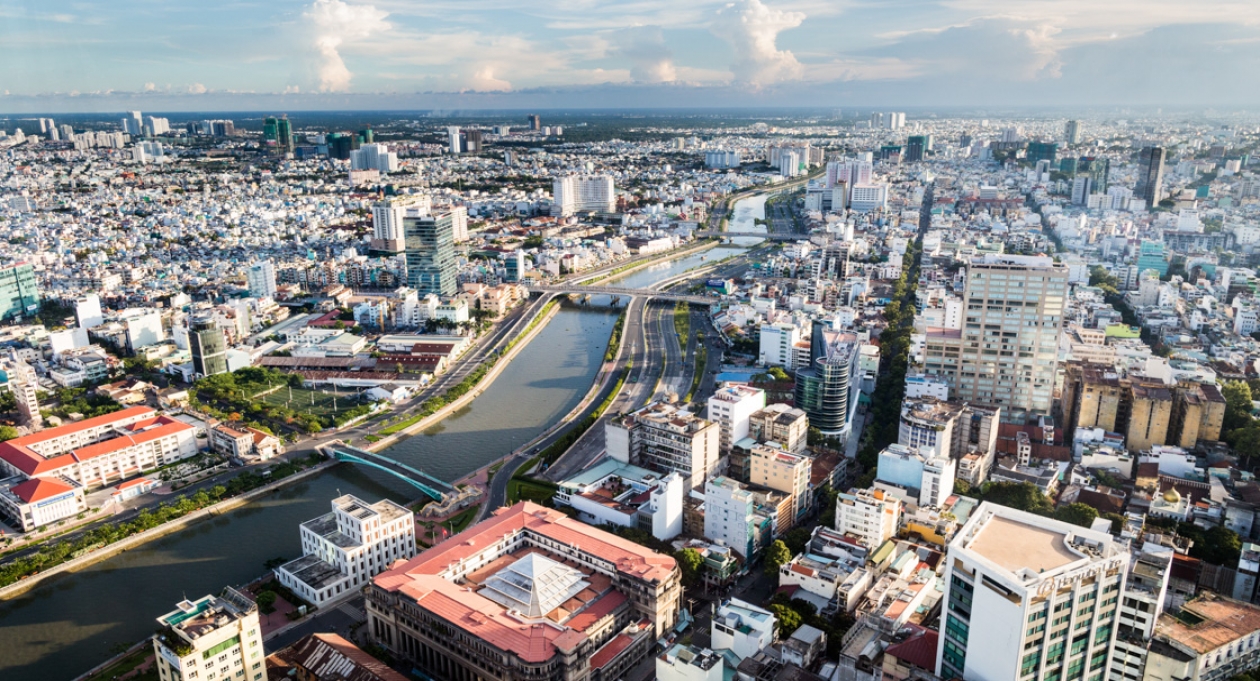
“The city will continue to remain the nation’s economic hub and its master planning must meet two requirements: attract the business community and be acceptable to the people,” Tran Vinh Tuyen, Vice Chairman of the municipal People’s Committee, told a recent meeting held to review the city’s master planning for until 2045.
“The city will draft master plans transparently and with accountability for its leaders.
“The city takes responsibility for many long-delayed projects like Thanh Da and the Saigon Safari Park, which have caused public anger. In future, the city will publicly and transparently invite investors to project auctions.”
Nguyen Thanh Nha, Director of the municipal Planning and Architect Department, said soon master planning would factor in the city’s resources and urban structure to ensure infrastructure development, adapt to climate change and prevent flooding.
By 2045, the city hopes to have a highly competitive business environment, proper infrastructure and well-developed urban spaces, ensure climate change has limited impact and land use is efficient and renovate and develop urban areas and satellite towns to reduce population pressure.
Stephen Wyatt of John Lang LaSalle said that in the last few years, large companies from the US, Middle East and Asia-Pacific have observed Vietnam and are looking for promising markets for office buildings, retail space and industrial real estate with investments of billions of dollar.
“Vietnam and HCM City can capitalise on this opportunity if authorities can ensure transparency, unencumbered lands, compensation for ground clearance, and a proper legal framework.”


















